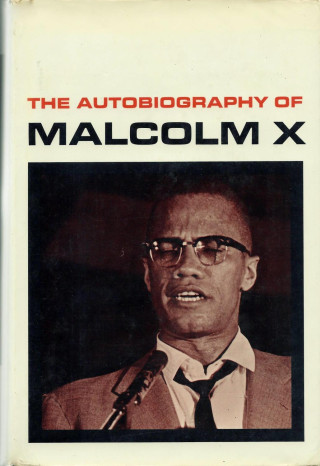THE DEAD ARE ARISING IS now the definitive biography of Malcolm X, making it even more frustrating that Malcolm’s personal faith during the majority of his public-facing career, especially what he taught for more than a decade as a member of the Nation of Islam, does not receive as much attention as it should. Payne alludes to his membership in a “cult” several times. He writes that after leaving the Nation of Islam, Malcolm was like “a cult member undergoing the early shocks of deprogramming.” Such dismissive language takes readers away from Malcolm’s intentions and motivations—and diminishes the Nation of Islam to a religious sideshow rather than an organization to be taken seriously. Payne doesn’t ignore the Nation of Islam’s religious teachings—he spends a chapter introducing the Nation of Islam’s origins—but he discusses them with a boundless skepticism, and often with sensationalism, in a way that does not show what would have led any converts to the Nation of Islam, much less any of the other Little family members who joined the faith.
There is no doubt that Malcolm’s actions, as a minister and NOI representative were guided by his religious convictions. He wrote, argued, preached, and prodded his audiences using the Nation of Islam’s theology and arguments created by Muhammad (but delivered with much more panache by Minister Malcolm). The revolutionary Muslim leader aligned himself with the ummah—followers of Islam across the globe—throughout his career as a Nation of Islam minister and spokesman. The Nation of Islam was ever-present in his life. Elijah Muhammad was not a distant mystic to Malcolm. Muhammad, and the religion he led, were ever-present in Malcolm’s life and politics.
Like other biographies, Payne’s outstanding book can help us understand how and why their subjects thought, acted, and reacted in the ways they did. The Dead are Arising, though, also serves as an example of how biographers can discount religious beliefs because of a sense that a person’s religion isn’t the right type of religion. Payne appropriately highlights the power and effect of Malcolm’s pro-Black, global, decolonization efforts, and willingness to do whatever it took to achieve Black liberation, but he downplays the debt that Malcolm’s attitudes and teachings owe to the Nation of Islam.

